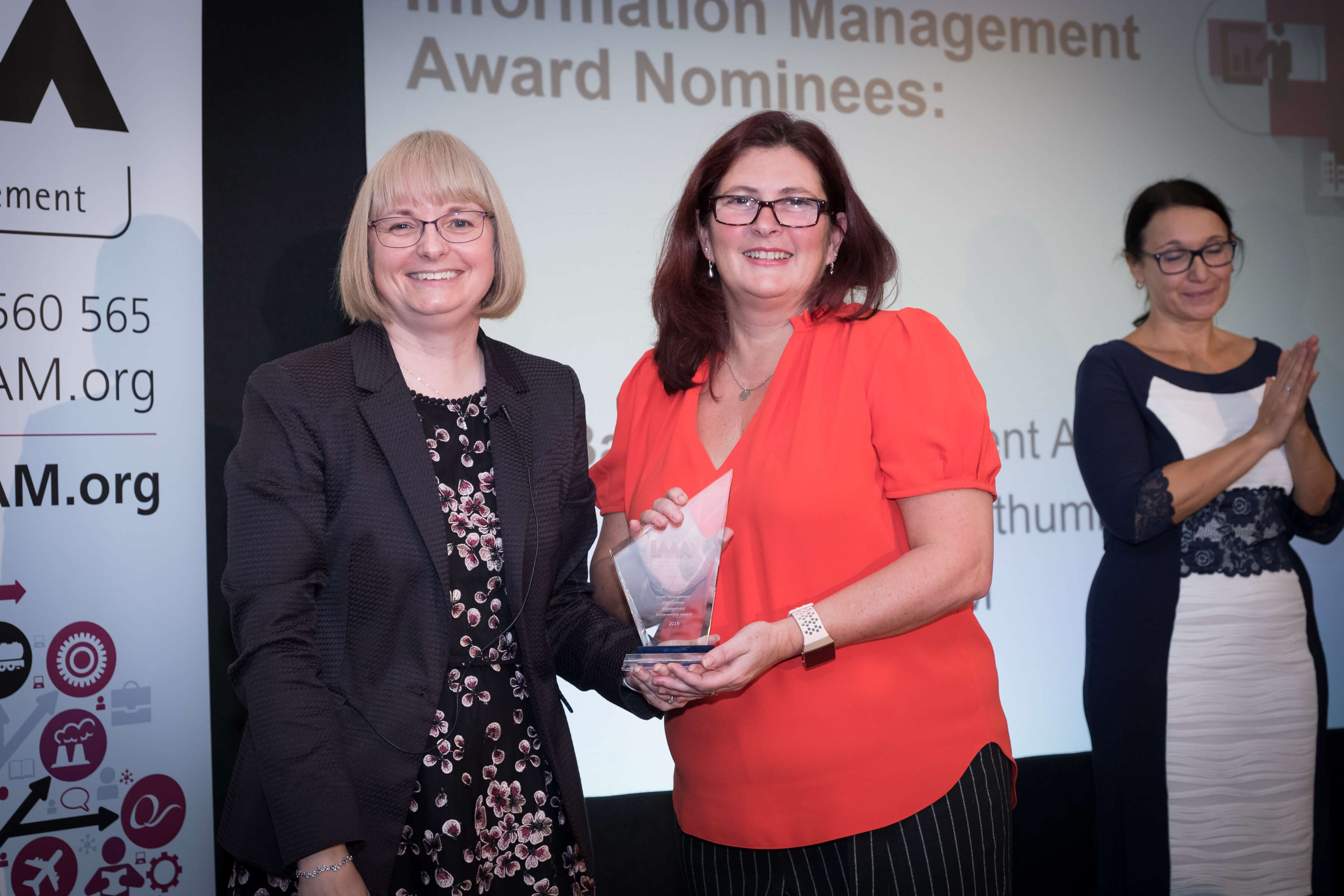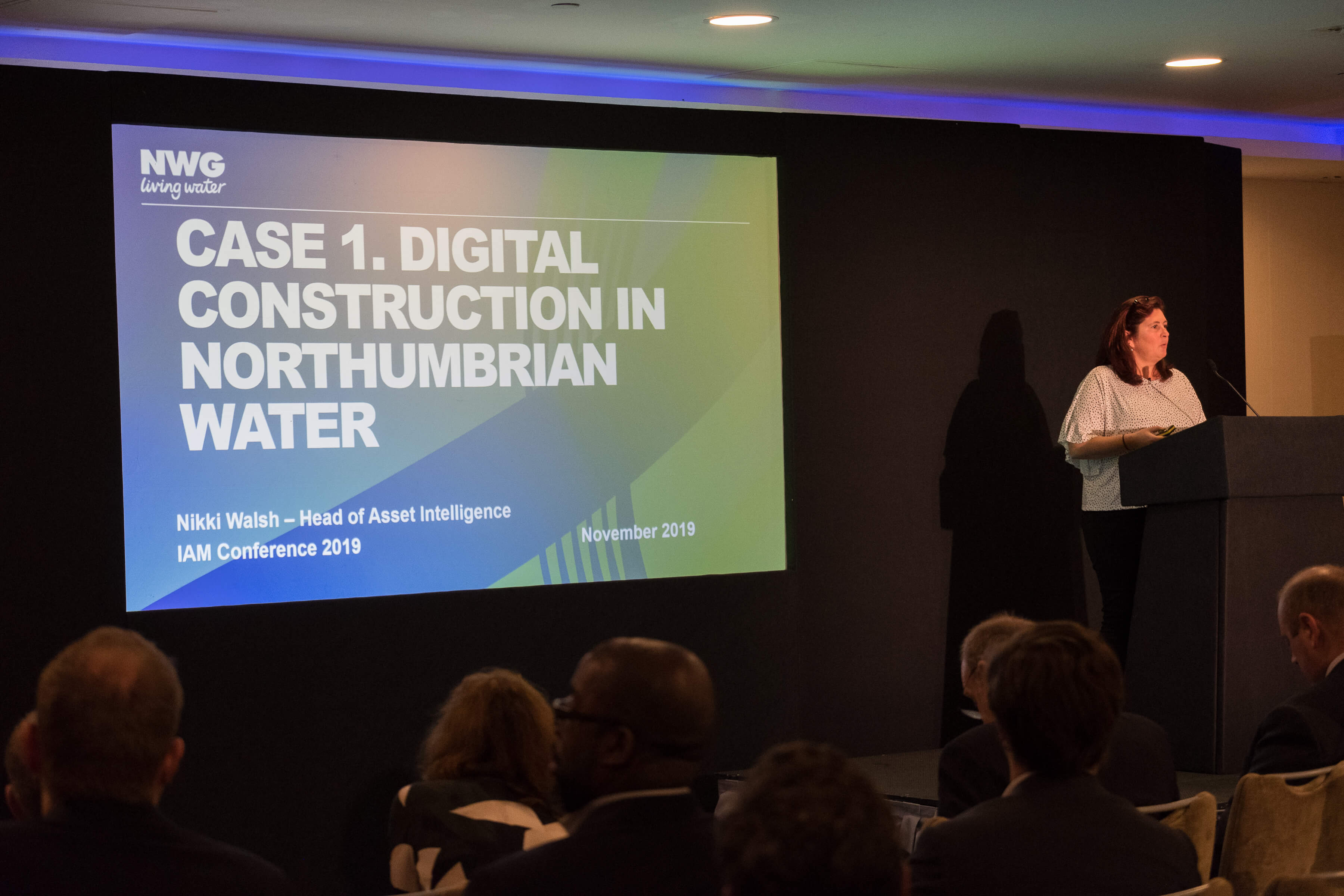Resilience and Digital Twins - the work of the IAM UK Patrons Group
16 Sep 2020
Resilience and Digital Twins - the work of the IAM UK Patrons Group


By Nicola Walsh, Head of Asset Intelligence at Northumbrian Water and co-chair of the IAM UK Chapter Patrons Group, alongside Tim Kersley from Network Rail. 
I have the great pleasure of kicking off our new blog so we can share with you the work Patrons have been doing and how we are pushing the boundaries and adding knowledge to the field of asset management. The Patrons Group has representatives from a variety of infrastructure utilities, businesses and consultancies and are very enthusiastic about driving the field of asset management forward.
What have we been working on?
Over the last few months we have been looking at asset management in a digital world and how it relates to digital twins and their use. We recently presented the culmination of this work at the IAM Asset Management Conference 2019 in London, with the key message that digital twins have definite value in decision making - however, they need to consider the operational and maintenance needs of an organisation and also be clear about the question that the organisation needs to be answered. These considerations make sure that the right type of digital twin is used. As we know, there are no magic black boxes out there that hold all our answers.

The Patrons Group are going to finalise this work and aim to produce a paper which will be published in Assets (the IAM’s membership magazine) next year.
What are we working on next?
The Patrons Group recently met at the fabulous head office of National Grid which overlooks Trafalgar Square, which was looking very Christmassy. We were kindly hosted by Derek Dunkley from National Grid who kicked off the session with an introduction to their business and the assets they look after.
We focused on resilience - with two diverse but complimentary presentations from National Grid on power network resilience, and from BMT on defence resilience specifically focusing on considerations of a nuclear sub. Very different you may so, but not so… There were some important points around understanding dependencies at whatever scale you are considering. As we become more technologically advanced the reliance on technology and data is becoming greater, we are moving the recovery of events to a different group of people, from front-line to technical management.
This leads us to think about broader resilience in our people – leadership and competency resilience is more essential than thought before. Recent and future trends are seeing the threats to our assets change remarkably, with cyber threats and climate change coming to the fore. Our core assets may not be changing but the world around them is and what is expected of them is. As our reliability improves the society’s reliance on the services we provide grows, but this reliance comes at a cost.
What is society’s willingness to pay for the reliance they are building on to our assets?
Our world is becoming more interconnected and the implications of major failure events is far extending beyond that of our own businesses because we can have a major impact on others. We need to have more understanding of the value implications when things go wrong as well as the unintentional and extended consequences.
There is much more debate to be had on this subject but as you can see from our recent session the impact and breadth of this is much wider than it used to be.
So one of the big questions is: can we provide resilience today to the threats of tomorrow we haven’t even identified yet?
Welcome to the conversation and we welcome your views and thoughts!
Views expressed from contributing authors do not necessarily represent the official view of the Institute of Asset Management.
